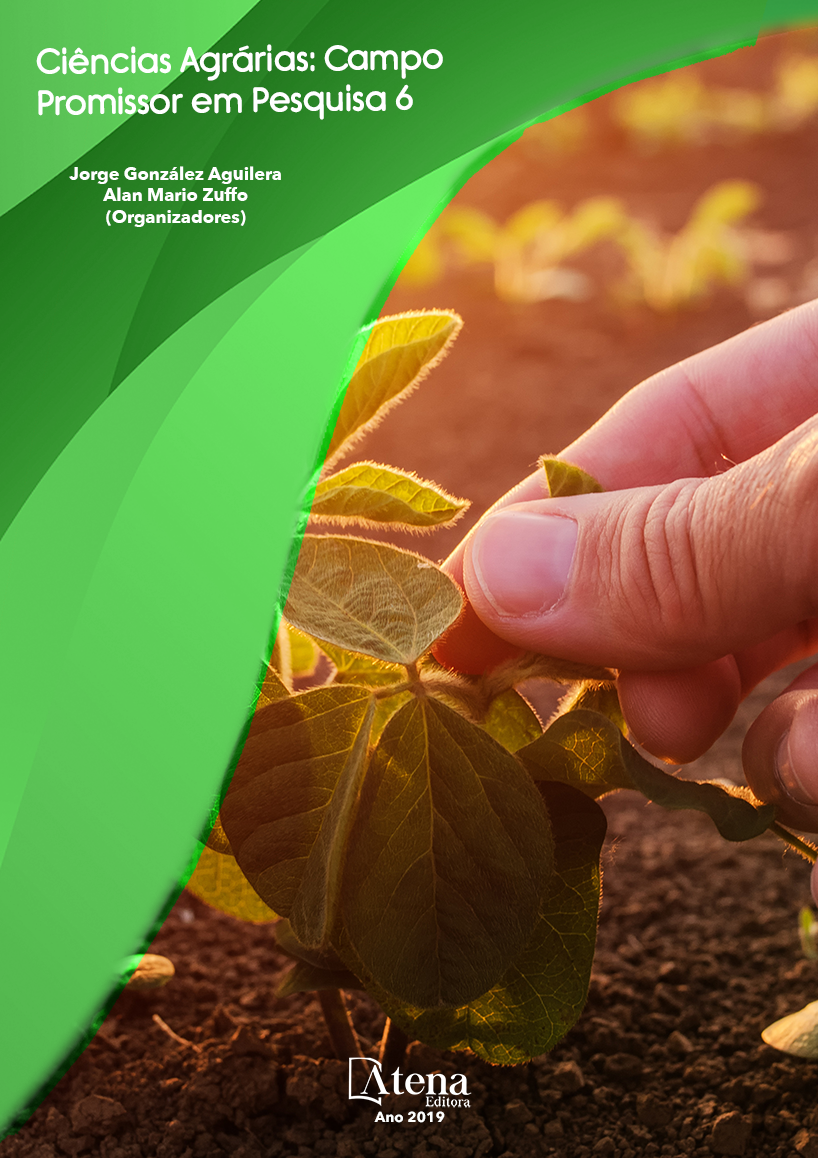
UMA HISTÓRIA DO PROCESSO DE MODERNIZAÇÃO DA AGRICULTURA: A PERSPECTIVA AUTOBIOGRÁFICA E AS MEMÓRIAS DE UM PROCESSO EM TEMPOS DE EROSÃO CULTURAL
A intensificação da modernização
agrícola tem produzido além do esvaziamento
demográfico e problemas relativos a sucessão
no campo, uma erosão cultural, isto é, toda
uma gama de saberes dos agricultores ditos
tradicionais está a se perder. O campo brasileiro
vem sofrendo transformações econômicas
e culturais, há um cenário dicotômico que
traz ao mesmo tempo e, às vezes no mesmo
espaço, agricultores familiares e os chamados
agricultores do agronegócio em disputa por
territórios e representação política frente a
sociedade. Nesse sentido, o texto objetiva
mostrar, a partir da história de vida do primeiro
autor e do apoio da bibliografia de área,
a chamada fase da agricultura tradicional
recuperando saberes, práticas e estratégias
que mantinha e organizava aquele meio de vida
(que ora se modifica em quase todas as regiões
rurais brasileiras) e que se fazia representativo
dos agricultores familiares. Assim, busca-se
através desta narrativa demonstrar o que já foi e
para onde está indo a atividade neste setor (na
atualidade conformando-se em um novo padrão
produtivo e de sociabilidade na agricultura, que
também é produtor de vazios demográficos e
culturais). A estagnação política que vivenciam
os movimentos sociais do campo na atualidade
contrasta com o cenário positivo de superávit
da balança comercial brasileira associado ao
chamado agronegócio e, passa se estabelecer
um ideário de agricultura derivado de um
projeto político de sociedade que acoberta uma
agricultura tecnológica e sem pessoas, assim,
recuperar uma história de vida dos tempos
áureos da agricultura tradicional torna-se um
ato político de contraponto a este modelo.
UMA HISTÓRIA DO PROCESSO DE MODERNIZAÇÃO DA AGRICULTURA: A PERSPECTIVA AUTOBIOGRÁFICA E AS MEMÓRIAS DE UM PROCESSO EM TEMPOS DE EROSÃO CULTURAL
-
DOI: 10.22533/at.ed.20719210620
-
Palavras-chave: História de família; Memória; História da agricultura e dos movimentos sociais no campo.
-
Keywords: Family history; Memory; History of agriculture and social movements in the countryside.
-
Abstract:
The intensification of agricultural
modernization has produced, in addition to
demographic depletion and problems related to
succession in the field, a cultural erosion, that
is, a whole range of knowledges of the so-called
traditional farmers is to be lost. The Brazilian countryside has undergone economic and
cultural transformations, there is a dichotomous scenario that brings at the same time
and sometimes in the same space, familiar farmers and so-called agribusiness farmers
in dispute for territories and political representation in front of the society. In this sense,
the text aims to show, from the life history of the first author and the support of the
bibliography of area, the so-called traditional agricultural phase recovering knowledge,
practices and strategies that maintained and organized that way of life (which now
modifies in almost all Brazilian rural regions) and that it was representative of family
farmers. Thus, it is sought through this narrative to demonstrate what has already
been and where is the activity in this sector (currently conforming to a new pattern of
production and sociability in agriculture, which is also a producer of demographic and
cultural voids). The political stagnation experienced by the social movements of the
countryside today contrasts with the positive scenario of a surplus of the Brazilian trade
balance associated with the so-called agribusiness, and an agricultural idea derived
from a political project of society that covers a technological people, thus recovering
a life history from the golden age of traditional agriculture becomes a political act of
counterpoint to this model.
-
Número de páginas: 15
- Everton Marcos Batistela
- Airton Carlos Batistela
- Manoel Adir Kischener


